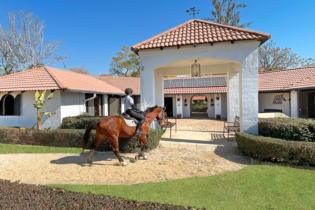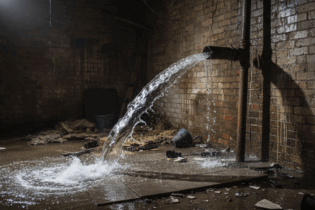Aurecon employees across the globe are involved in projects that make a daily difference to the communities in which they work. Each year, the group runs an internal awards competition in order to recognise employees whose projects excel in innovative, collaborative project delivery – resulting in significant benefits to communities and environments. Winners of the various category awards then become eligible to present their entry to the judging panel and be considered for the overall Chairman’s Award.
In 2012, a South African team won the prestigious Chairman’s Award for their involvement in the Working for Wetlands Project. Working for Wetlands is a nationwide programme run by the South African National Biodiversity Institute (SANBI) to restore over 100 wetlands and create 2 100 jobs per year over three years. The programme works to rehabilitate damaged wetlands and protect unspoiled wetlands, with an emphasis on complying with the principles of the Expanded Public Works Programme through employing only local Small, Medium and Micro Enterprises (SMMEs). As part of this project, Aurecon’s team, consisting primarily of wetland ecologists, environmental assessment practitioners and engineers, worked to rehabilitate over 100 wetland sites through the implementation of interventions, usually in the form of engineered structures. Prior to winning the Chairman’s Award, this project had topped the ‘Benefit to the Community, Environment and Economy’ category. The team felt that their US$10 000 prize money presented an excellent opportunity to sponsor postgraduate research in the wetland or environmental engineering field.“After interviewing suitable candidates for sponsorship, we decided to award a talented female postgraduate student from the University of Cape Town a bursary,” says Aurecon technical director, Fareed Nagdi.
The student, Nikita Turck, is concerned about the impact of using chemicals to treat acid mine drainage and intends investigating biological treatment as an alternative. Acid mine water is among the biggest threats to the sustainability of river systems and wetlands in the Mpumalanga and Gauteng provinces. An interesting focus of Turck’s proposed research is to assess the prospects for producing bioenergy from the treatment process. The company believes that research projects such as these will make highly relevant contributions to sustainable water management in Africa. “We feel privileged to use our prize money towards this worthy endeavour and towards the heightened awareness and conservation of our precious wetlands,” says Nagdi.






